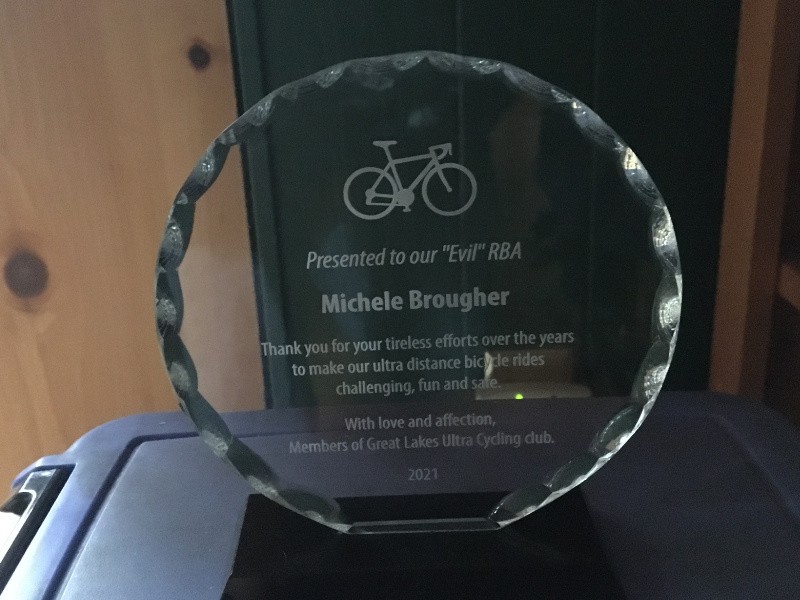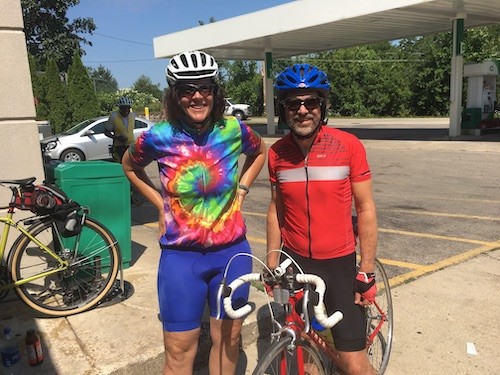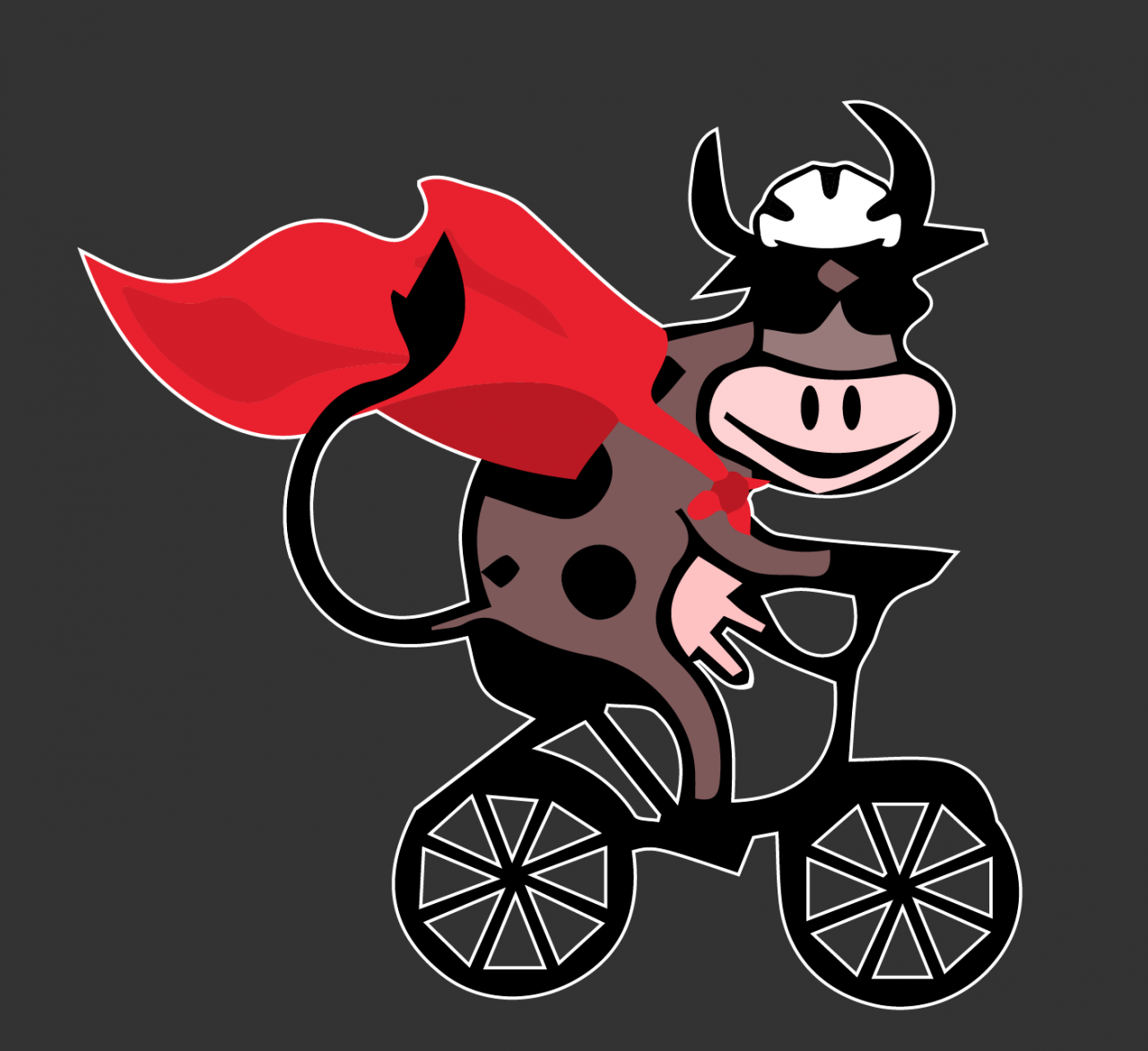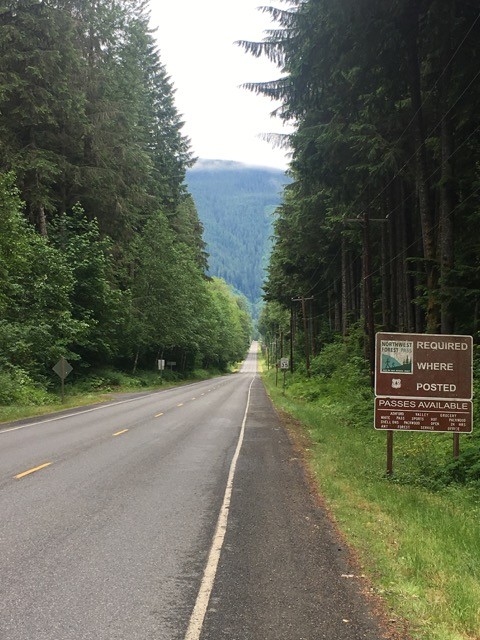Last year, Shredder won a wheel building class at the LBS during a presentation by Calvin Jones of Park Tool. Unfortunately, Shredder has built wheels for years so he gave me the class as a gift. With the Cascades coming up, understanding the mechanics of wheel building seems like a really good idea. I can always use a new set of wheels, these I figured I would be able to fix (having built them).
The first part of the adventure was picking hubs, spokes, and rims. That turned out to be a big sized adventure. It turns out some hubs cost as much as $400! I opted for the lightest, best hubs that I could find on bargain basement sale. One of them, I got all the way from England (of course, it was made in Colorado, but I would have paid much more money if it hadn't visited England first - thank the internet).
I wound up with all DT Swiss. Many said I should get touring rims, but looking at the specs I realized that they were too much for me. Sure they were strong and could ride tires that were 38mm, but I never ride tires like that and I weigh nothing compared with a big guy. In addition, a small 25mm tire on a 19mm channel would be very hard to change and that I did care about. So I went with a lighter racing rim. The spokes were dictated by the rims.
So here were the materials:
The second half of the class was about truing, rounding and balancing. I have to say that I can see how this gets easier the more you do it. The truing isn't nearly as hard as the rounding. It also turns out that spokes get twisted when you tighten so you bend the wheel on your knee (a lot) to release them.
Balancing means getting all the spokes to have about the same tension. This used to be a fine art, but Park Tool now has a tensionometer that measures it exactly and has a convenient spreedsheet to average everything and tell you exactly which spokes to tighten. Takes all the mystery out of the process. I now own one. The final step is spoke freeze on the spokes so that they don't loosen over time. But you have to oil the threads to use it otherwise, it freezes them completely and they can never be turned (sounds important).
Shredder showed up for the last class and helped me out by changing my rear derailleur and cassette. What a guy! I owe him big time. I still have the rounding to go on the last wheel and the final touches. Hopefully, this will get done in time for this weekend's ride.
The first part of the adventure was picking hubs, spokes, and rims. That turned out to be a big sized adventure. It turns out some hubs cost as much as $400! I opted for the lightest, best hubs that I could find on bargain basement sale. One of them, I got all the way from England (of course, it was made in Colorado, but I would have paid much more money if it hadn't visited England first - thank the internet).
I wound up with all DT Swiss. Many said I should get touring rims, but looking at the specs I realized that they were too much for me. Sure they were strong and could ride tires that were 38mm, but I never ride tires like that and I weigh nothing compared with a big guy. In addition, a small 25mm tire on a 19mm channel would be very hard to change and that I did care about. So I went with a lighter racing rim. The spokes were dictated by the rims.
So here were the materials:
- DT Swiss 340 rear hub and 240 front hub (couldn't find the 340 front anywhere)
- DT Swiss RR465 rims
- DT Swiss Revolution Spokes
The second half of the class was about truing, rounding and balancing. I have to say that I can see how this gets easier the more you do it. The truing isn't nearly as hard as the rounding. It also turns out that spokes get twisted when you tighten so you bend the wheel on your knee (a lot) to release them.
Balancing means getting all the spokes to have about the same tension. This used to be a fine art, but Park Tool now has a tensionometer that measures it exactly and has a convenient spreedsheet to average everything and tell you exactly which spokes to tighten. Takes all the mystery out of the process. I now own one. The final step is spoke freeze on the spokes so that they don't loosen over time. But you have to oil the threads to use it otherwise, it freezes them completely and they can never be turned (sounds important).
Shredder showed up for the last class and helped me out by changing my rear derailleur and cassette. What a guy! I owe him big time. I still have the rounding to go on the last wheel and the final touches. Hopefully, this will get done in time for this weekend's ride.
2635 Hits
0 Comments





